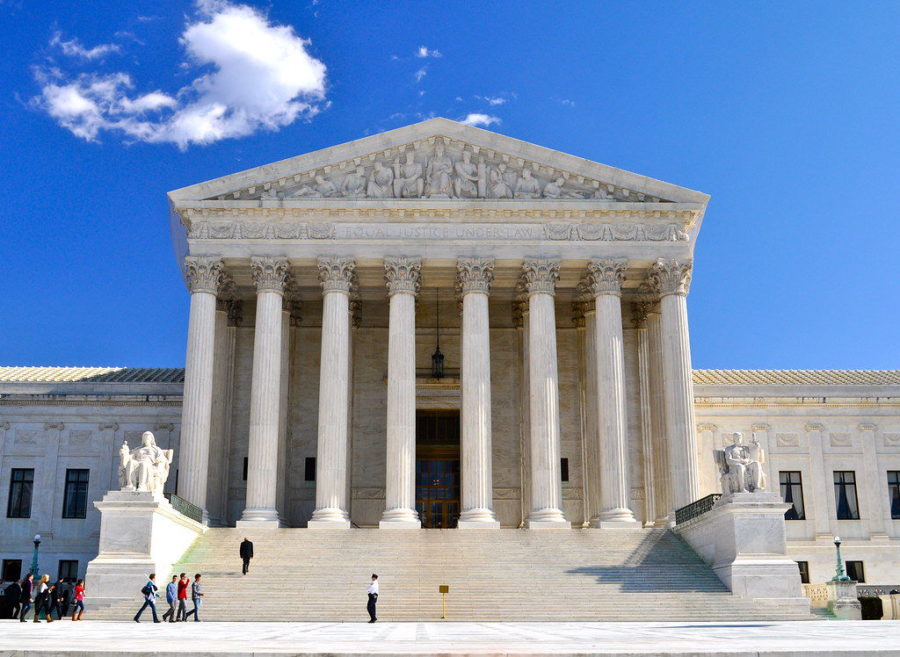Brown: Supreme Court right to uphold “faithless elector” laws
July 7, 2020
The Supreme Court was right in upholding “faithless elector” laws. Under the Supreme Court decision in Chiafalo v. Washington, states may remove or sanction Electoral College members if those electors go rogue and defy the will of the state’s voters. The 2020 election is already facing many challenges and the Court may have prevented disloyal electors from having an impact on the upcoming election.
In a unanimous opinion written by Justice Elena Kagan, the Court agreed that states could replace and even punish “faithless electors,” or direct electors of the president who cast their ballots for candidates other than their party’s nominee.
The core of Justice Kagan’s majority opinion is “the power to appoint an elector in any manner includes the power to condition his appointment — that is, to say what the elector must do for the appointmet to take effect.” In other words, a state could tell an elector they must vote for a particular individual as a condition of being appointed to the Electoral College.
The case arose from conflicting rulings in the state courts. Washington’s Supreme Court upheld $1,000 fines against three Democratic electors who cast votes in 2016 for former Secretary of State Colin Powell rather than Hillary Clinton. They had hoped electors from other states would join them in electing a Republican other than Trump. By contrast, the U.S. Court of Appeals for the 10th Circuit in Denver ruled that a rogue vote case by a Democratic elector in Colorado for Republican John Kasich, rather than Clinton, deserved to be counted.
The Supreme Court decided in January to hear both appeals, hoping to avoid intervening in a potential emergency after Election Day should electors choose to defect from voting for their party’s nominee. During one of their last arguments in May, justices from both political parties expressed concern that electors could be bribed, particularly by the losing party in a close election.
The Supreme Court knew failure to act could put the nation in a bind if a thin margin in November gives electors the power to upend the election. Never before has this happened, but 10 electors were disloyal — or tried to be — in 2016, enough to change the results of five previous presidential elections. However, there is bipartisan support to hold these electors accountable.
“What’s motivating both sides in this case is the need to get this resolved before things blow up in November,” said Rebecca Green, co-director of the election law program at William & Mary Law School in Virginia.
The 2020 presidential election already faces a variety of challenges, with many states seeking to expand absentee voting in the face of the coronavirus pandemic. President Donald Trump forced Republicans to move his convention speech from North Carolina to Florida, and presumptive Democratic nominee Joe Biden warned that Trump might try to steal the election or refuse to leave office. The Supreme Court was right in upholding the validity of the upcoming election by allowing sanctions on faithless electors.
The chaos surrounding the 2020 presidential election combined with disloyal “faithless” electors could allow political instability to occur. States can now prevent individual electors from changing the result of a presidential election, which will be necessary as our country heads into a chaotic election.

















